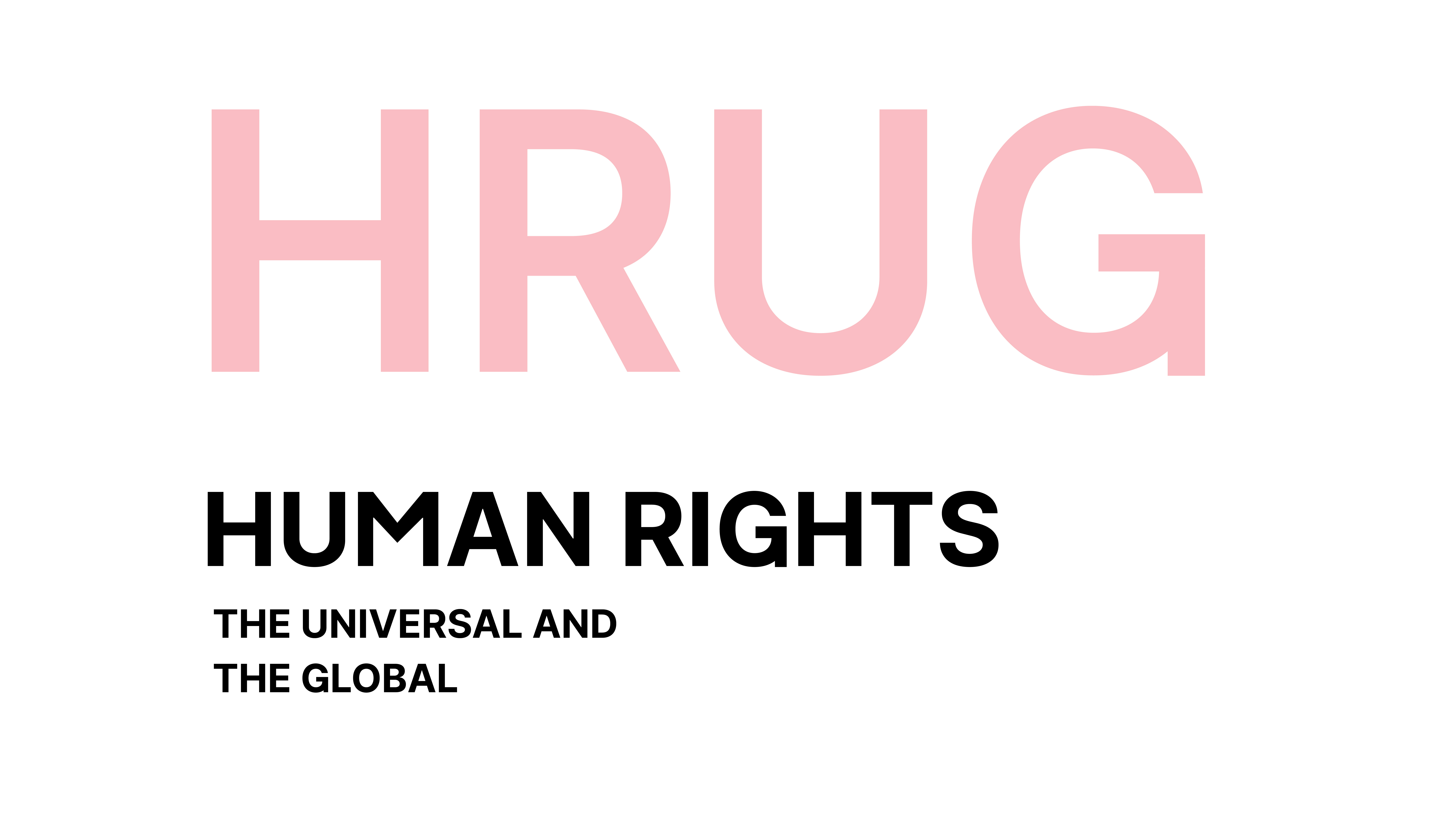Obviously, democracy is a somewhat open concept, i.e. there are different concepts of what democracy actually is and how it works. One – and probably the dominant in the Western sphere – is that it is a representative polity, the demos, according to the Marriam Webster dictionary, understood as “common people”. In other words, the bodies that represent these common people – like the parliament – should reflect the common people. Representation is in itself an issue that may have different meanings: (i) those who are knowing representing those who aren’t; (ii) those who are knowing electing others of whom they think that they will make their interests known where needed; (iii) those are literally representing the common people by mirroring the respective profile. Ad obviously, there is no clearcut answer: for instance, the same profile does not necessarily mean the same interests; such representation would most likely also reproduce the same inequalities as they persist in society, i.e. allowing some people to voice concerns in better than others although this does not say anything about the quality of the argument.
Be it as it is, the following figures for the 20th German Bundestag are interesting:
The total number of Members of Parliament 735
Thereof lawyers 100
This means that there would be 11 million lawyers in Germany, if it were extrapolated to the total population. However, there are 194000 professional lawyers. Apparently, the next largest group are medical doctors: there are 416000 medical doctors, 15 are member of parliament
(figures taken from the calendar sheet “Alles was Recht ist”; 25th of September, 2024, 2024; Harenberg)
Is the question of whether the rule of law is to be understood as a state of judges, and as such is at least tensely opposed to democracy, absolutely absurd?
